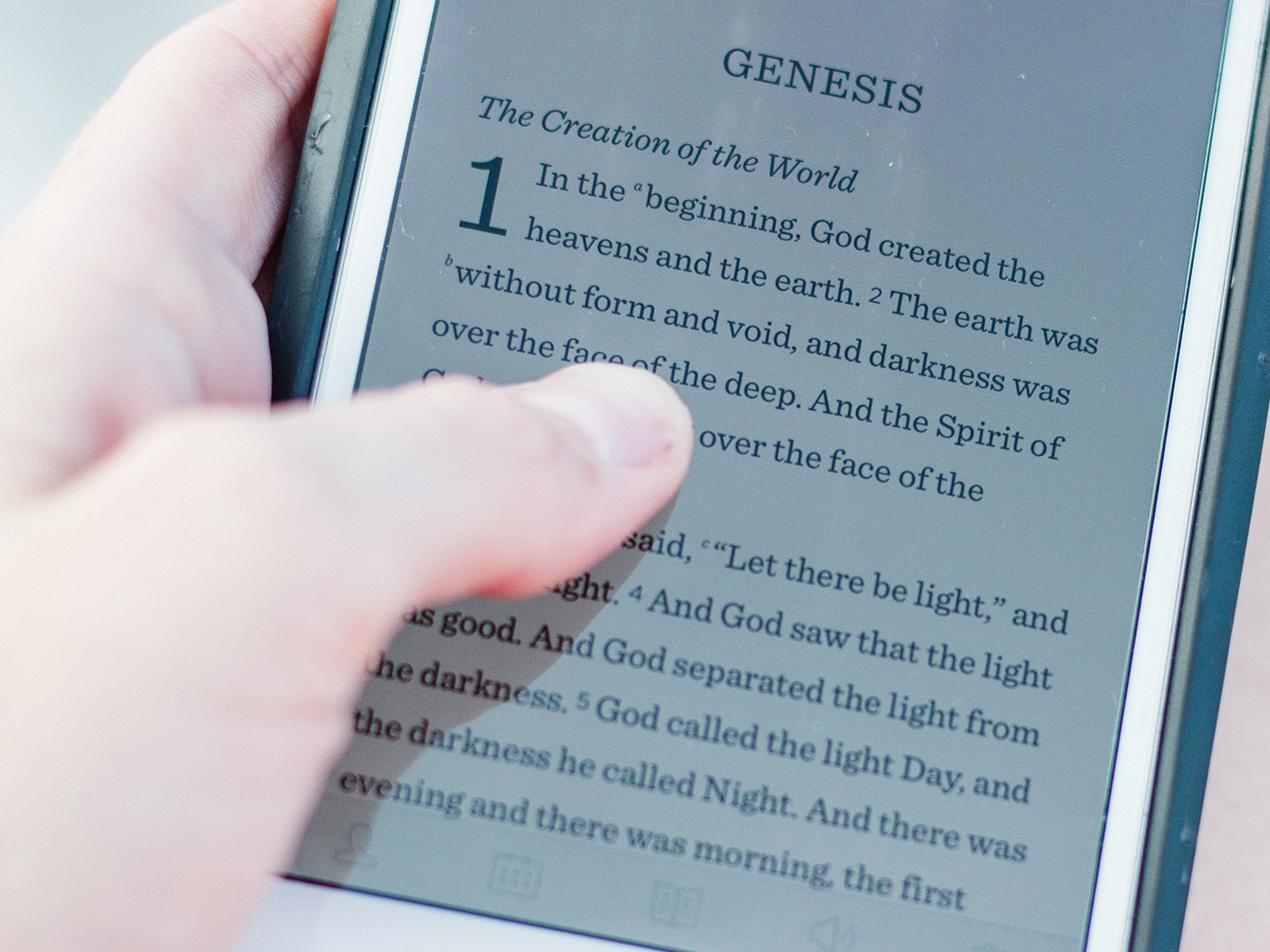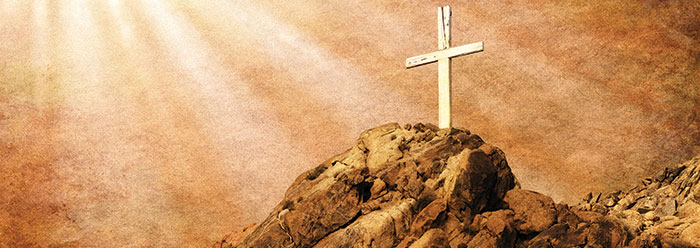Search Tools
New Defender's Study Bible Notes
20:9 camp of the saints. “The saints” here are probably not just the Israelites in Jerusalem but also the resurrected and raptured saints of the previous ages, all coming to rally around “the beloved city” as the hosts of darkness and their multitudes of human followers surround them for one last desperate attempt to defeat and dethrone the Lord Jesus Christ. This will be impossible, of course, for God (not Satan!) is the Creator of all things, and this time His patience and longsuffering will finally reach an end. In a foretaste of the lake of fire which the rebels will all soon inhabit, God will send from heaven a vast ring of fire around the holy city which will quickly “devour the adversaries” (Hebrews 10:27), “for our God is a consuming fire” (Hebrews 12:29).
20:10 brimstone. “Brimstone” was the Old English name for sulphur (“brim” developed into “burn,” sulphur being the “stone” that burns). When sulphur ignites, it burns with a very bright light and with the noxious odor of sulphur dioxide. This smell was noted by the ancients both in lightning storms and volcanic storms, so both came to be known as “fire from God”—hence the Greek words for brimstone came to be theion or theiodes. Whether or not the lake of fire and brimstone will actually incorporate burning sulphur, the use of the term indicates that the fiery lake will always be associated with the fiery judgment of a holy God on willful sin.
20:10 are. The beast and the false prophet are thus still imprisoned in the lake of fire over a thousand years after first being cast into it (Revelation 19:20). These two are actually men, of course, even though Satanically controlled men. Presumably their human bodies will be consumed by the flames when they are first cast into them, but their souls will still be there a thousand years later when Satan joins them, and they will all continue there forever. It is probable, though not explicitly so stated, that all Satan’s demonic hosts will be cast there simultaneously with him (note Matthew 25:41).
20:11 fled away. When the fire from heaven falls on the hosts of Gog and Magog, it will apparently burn up the earth and its atmospheric heaven as well, fulfilling the prophecy of II Peter 3:10. It will purge from the earth all the age-long effects of God’s curse (e.g., the fossil remains of billions of dead creatures that had perished in the great Flood and other subsequent terrestrial catastrophes). In their place will appear God’s awful throne of final judgment. See also Matthew 24:35.
20:12 the dead. The “dead” here are the unsaved dead, their bodies having been raised in the second resurrection in order to stand before God in judgment. Whether those believers who are still living in the millennial earth at this time will also be raised—along with any believers who may have died during the thousand years—is not stated, but this would be a reasonable assumption, since they also would have perished in the final holocaust if not before. In any case, their names would indeed have been “written in the book of life,” so they would not be judged with the others “according to their works.”
20:12 according to their works. When the dead are judged according to their works, they must all be sent to hell, for “there is none righteous, no, not one” and “by the deeds of the law there shall no flesh be justified in His sight” (Romans 3:10,20). Since they have rejected or ignored God’s infinite grace and Christ’s infinite love in dying for their sins, “there remaineth no more sacrifice for sins, But a certain fearful looking for of judgment and fiery indignation, which shall devour the adversaries” (Hebrews 10:26-27). Even though “God is not willing that any should perish,” His justice demands it when they intractably have refused throughout their lives to “come to repentance” (II Peter 3:9) and to personal faith in Christ.
20:13 death and hell. “Death” is often taken as synonymous with “the grave” (e.g., I Corinthians 15:55), where dead bodies are confined, whereas “hell” (Greek hades) is the place where the souls of the dead are confined. Multitudes of dead bodies are in the sea, rather than in the earth, of course, especially the great numbers of people who perished in the Noahic Flood. The ashes of those bodies that have been cremated have found their way either to the earth or to the sea, and so are also included among either the dead in the sea or those in the ground. In any case, the dead bodies of the unsaved will all be raised, presumably in their old natural condition, and reunited with their souls from Hades, to go before God in judgment.
20:14 cast in to the lake of fire. All who will have been confined in death and Hades will be cast into everlasting fire, along with the devil and his angels (Matthew 25:41), who are already there, and with the beast and the false prophet.
20:14 second death. These will all have died physically, then been resurrected. They will die again physically (or possibly will continue in an eternal state of dying physically—note Mark 9:43–48). This can appropriately be called “the second death.”










